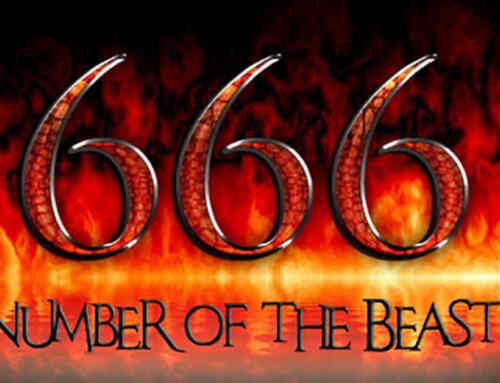Nimrod is an Old Testament personage from Genesis 10:8 “Now Cush (the son of Ham) became the father of Nimrod; he became a mighty one on the earth.”
He was the great grandson of Noah and would have had first-hand knowledge from his parents about the Lord. He had also been told how God saved Noah and his family from the flood and from the fallen angels who populated the earth before the flood. As a close descendant of Noah, one can imagine that he was highly respected. He is credited in Genesis 10:10-12 with building many cities including the Tower of Babel in Babylon.
As the ruler of the city, Nimrod must have been influential in the building of this structure. A tall tower could have served as a high shelter to save people from another flood. Therefore, the tower was a rejection of God’s promise that there would be no more floods to destroy the earth. It was also an example of great pride that people could escape God’s judgments by creating a tall refuge.
This displeased the Lord and in Genesis 11:5-8, the Lord mixes the languages and the people scattered to different places in the Earth: “The LORD came down to see the city and the tower which the sons of men had built. The LORD said, Behold, they are one people, and they all have the same language. And this is what they began to do, and now nothing which they purpose to do will be impossible for them. Come, let us go down and there confuse their language, so that they will not understand one another's speech. So the LORD scattered them abroad from there over the face of the whole earth; and they stopped building the city. Therefore its name was called Babel, because there the LORD confused the language of the whole earth; and from there the LORD scattered them abroad over the face of the whole earth.”
In addition to this, there are many archeological artifacts which illustrate that Nimrod was involved with the introduction of many evil pagan worship practices and pagan doctrines. An interesting book along this line is The Two Babylons by Rev. Alexander Hislop. The author traces various Christian beliefs back to their evil inception in Babylon. However, evil as Nimrod was, he was a mere man – not the AntiChrist nor the son of Satan.





